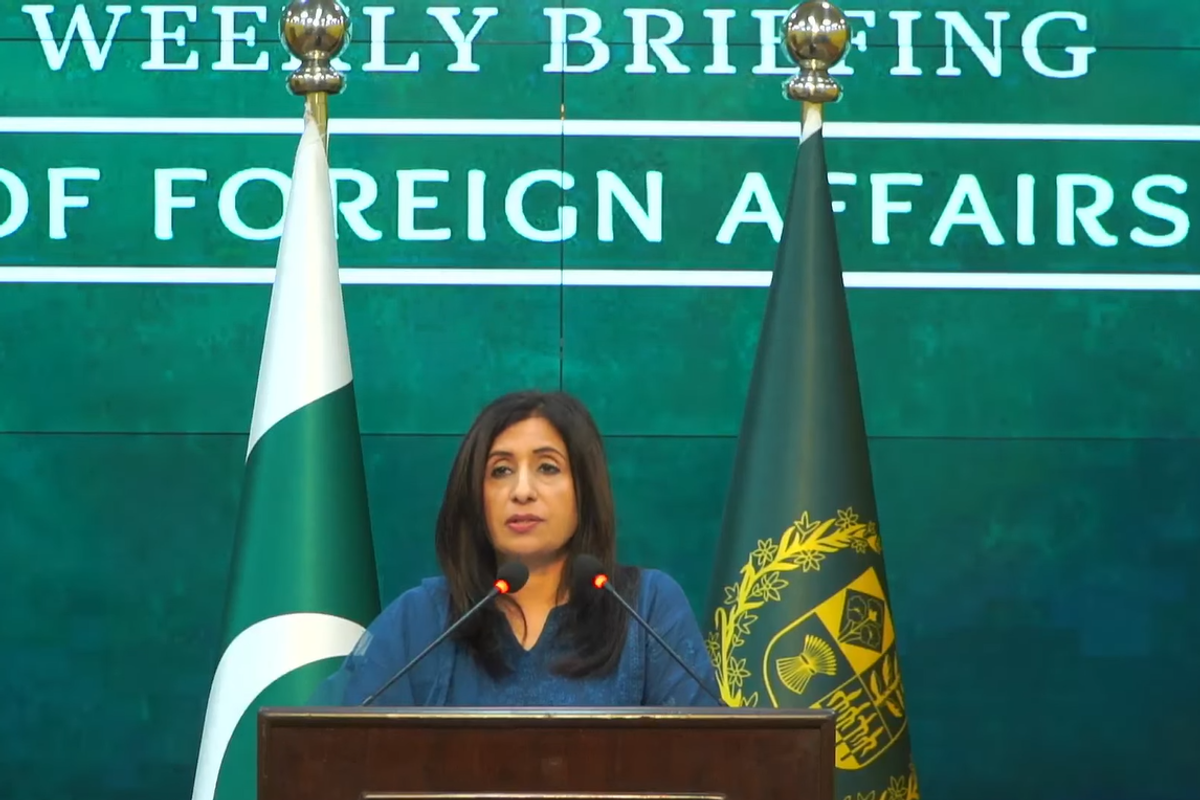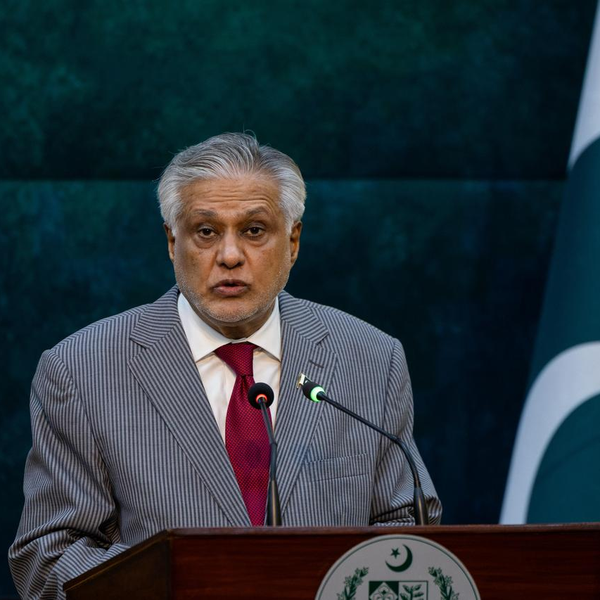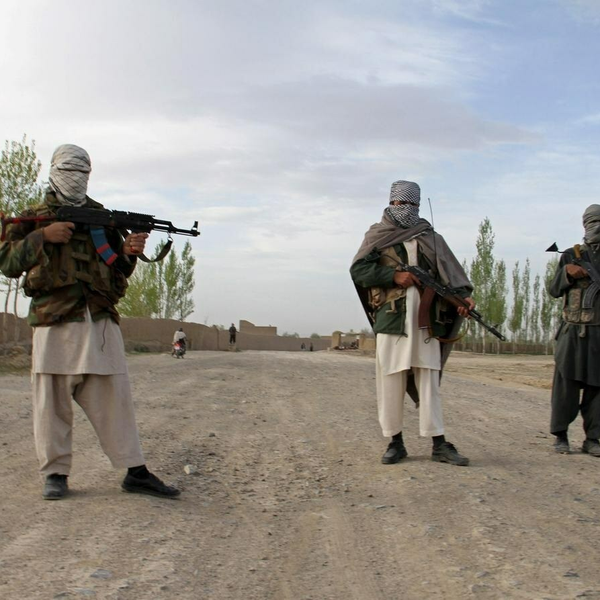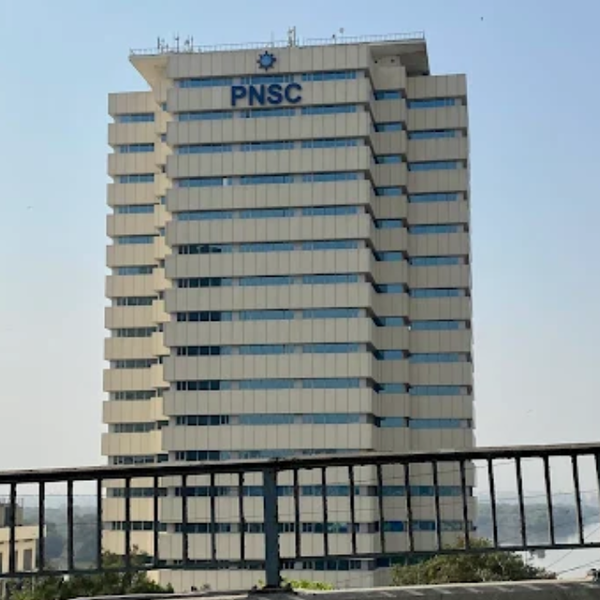Pakistan defends military court verdicts amid international criticism
Foreign Office says trials comply with international law after EU, UK, and US voice concerns over military court sentences
News Desk
The News Desk provides timely and factual coverage of national and international events, with an emphasis on accuracy and clarity.

Pakistan on Tuesday defended the sentencing of civilians by military courts, following criticism from the European Union, the United Kingdom, and the United States.
Foreign Office Spokesperson Mumtaz Zahra Baloch said Pakistan remains committed to international human rights obligations. She asserted that the country’s legal system aligns with international human rights laws, including the International Covenant on Civil and Political Rights (ICCPR).
“The verdicts have been made under a law enacted by the Parliament of Pakistan and in line with the judgment of the Supreme Court of Pakistan,” Baloch said during a press briefing. “Pakistan believes in constructive dialogue to promote democracy, human rights, and the rule of law.”
Her remarks came after widespread international concern over the recent sentencing of 25 civilians by military courts to prison terms ranging from two to 10 years. The individuals were convicted for their alleged involvement in the May 9 riots, during which protesters attacked key military installations.
The U.S. State Department, in a statement, called the trials “deeply concerning.” Spokesperson Matthew Miller said, “These military courts lack judicial independence, transparency, and due process guarantees.”
The UK also voiced its concerns. “Trying civilians in military courts undermines the right to a fair trial,” a spokesperson for the Foreign, Commonwealth, and Development Office said, urging Pakistan to uphold its commitments under the ICCPR.
The European Union echoed these views, stating the trials violated Pakistan’s obligations under Article 14 of the ICCPR, which ensures fair and public trials.
Government defends trials
A senior Pakistani government official dismissed the criticism, asserting that the trials adhered to constitutional and legal frameworks.
“The statement issued by the European Union overlooks several key facts,” the official told Nukta. “The trial was conducted strictly according to the law, with avenues for appeal available at three levels, including the High Court and the Supreme Court.”
The May 9 riots
The controversial sentences stem from riots that erupted across Pakistan on May 9, 2023, after the arrest of former Prime Minister Imran Khan. Protesters stormed military sites, including the General Headquarters in Rawalpindi and Jinnah House in Lahore, damaging property and desecrating monuments.
Pakistan’s Supreme Court recently upheld the military’s jurisdiction to try civilians involved in the attacks. The military, through its media wing, described the sentences as a deterrent against future political violence.
Meanwhile, anti-terrorism courts are handling cases against political leaders and others accused of orchestrating the violence.
Pakistan has reaffirmed its commitment to engaging with international partners, including the EU, to address concerns and uphold human rights standards.






Comments
See what people are discussing